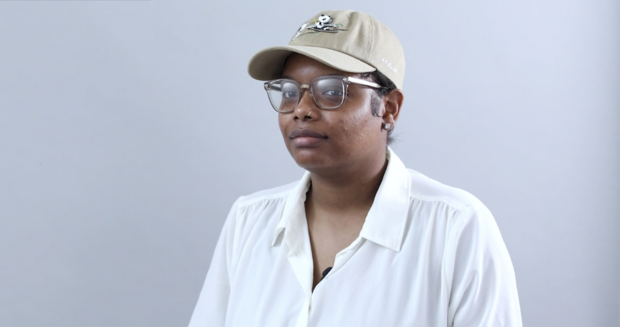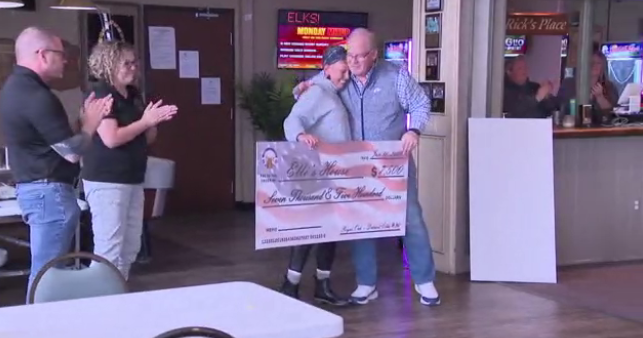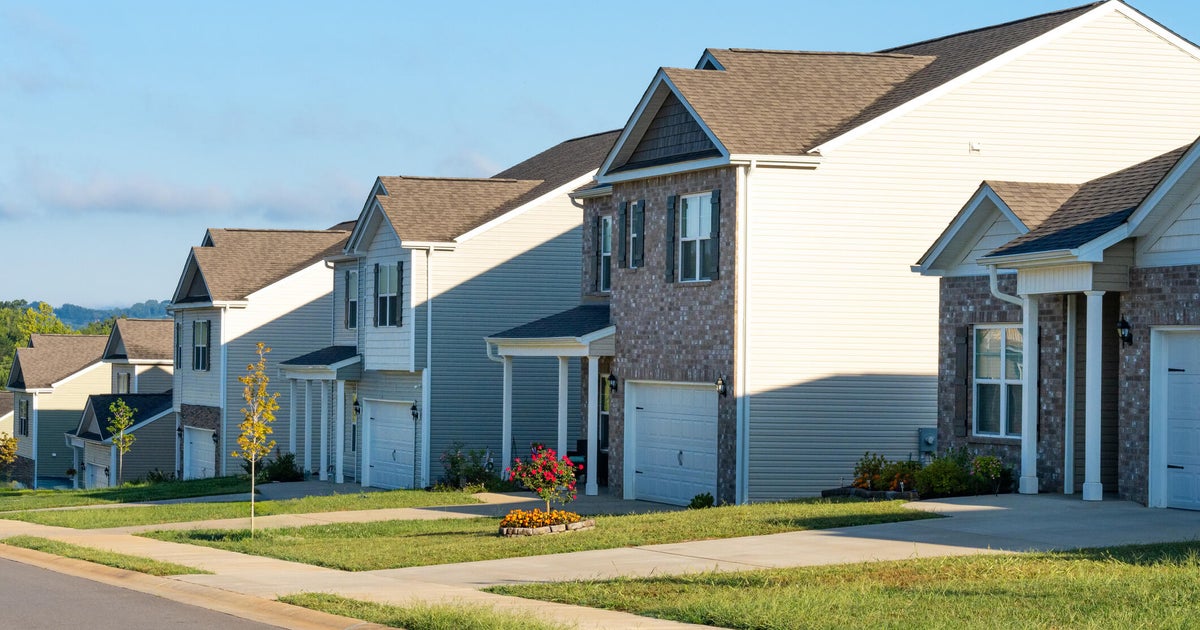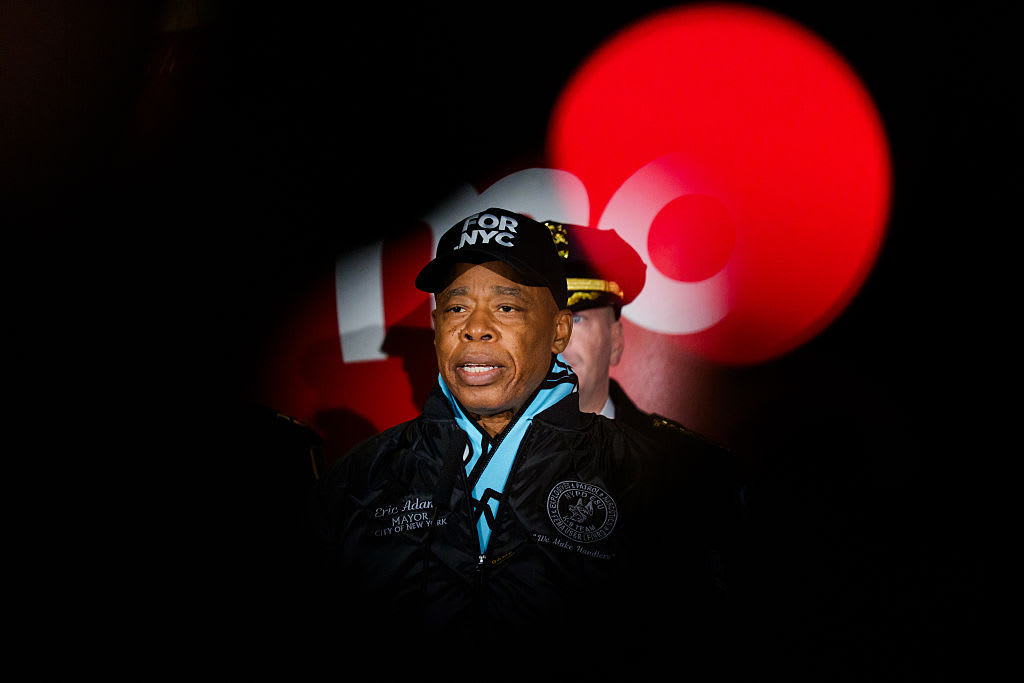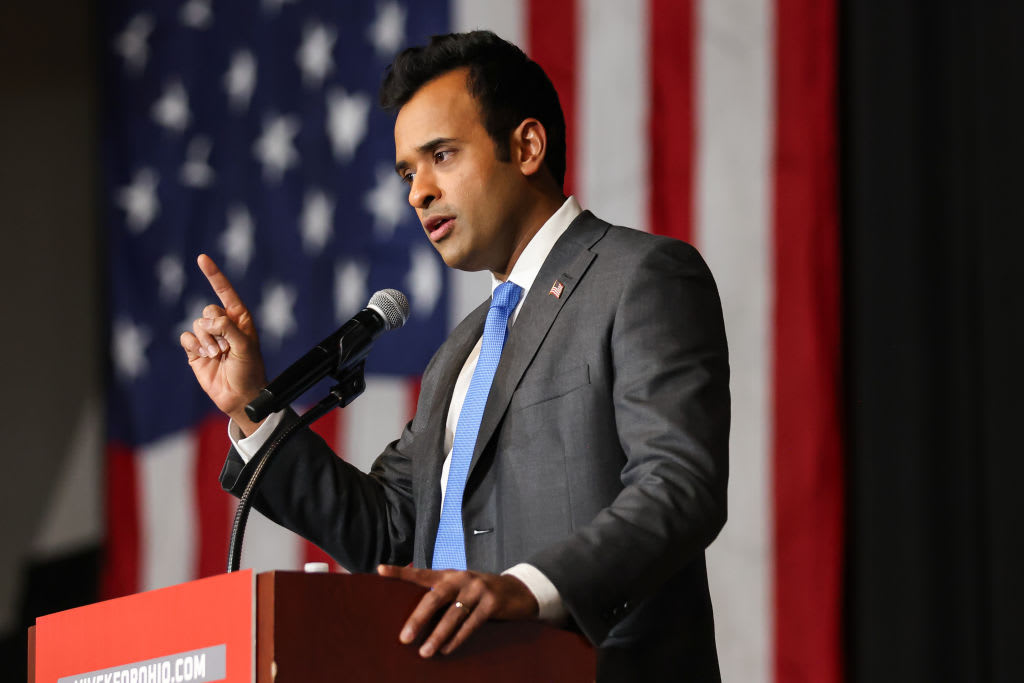One legacy of COVID-19: More cash for Americans in need
The financial upheaval caused by the COVID-19 pandemic for millions of Americans is spurring a rise in a form of charitable giving that has proved highly effective in helping people navigate calamity: Giving them money with no strings attached.
So-called guaranteed income programs have launched in 40 cities across the U.S. under which individuals and families living near the poverty threshold receive monthly stipends that they can spend however they want.
"The pandemic really showed people the existing economic arrangement was just not enough," said Michael Tubbs, formerly the mayor of Stockton, California, and founder of Mayors for a Guaranteed Income. "With folks not being able to get to work because their businesses were shut down, it showed a guaranteed income is a form of economic resilience and a smart pandemic response."
Such programs are sprouting up as the economic fallout from the pandemic — shuttered businesses, lost jobs and diminished income — is now being exacerbated for many Americans by soaring food, housing and other costs.
"Who do we give money to?"
Government programs designed to buoy struggling Americans during the first phase of the pandemic included federal stimulus checks and expanded child tax credits for parents in the form of monthly cash payments.
"With these cash infusions the question changed from, 'Do we give people money?' to 'Who do we give money to?' which is a huge jump in the public imagination," Tubbs said.
Mary Bogle, a researcher at the Urban Institute and an expert in programs that move Americans out of poverty, said the pandemic also helped to shine a light on the power of direct giving.
"We saw that the people who got cash in this country were able to weather a serious crisis," she told CBS MoneyWatch.
For example, stimulus payments provided to most low- and middle-income Americans put cash in people's pockets and reduced financial hardship, while also providing a lifeline for the broader economy as consumers boosted their spending.
"We even saw some measures of well-being for people with low income rise," Bogle said. "Definitely, the pandemic has a lot to do with these cities starting programs."
A bridge to a better life
In June 2021, New York City's first guaranteed income program, called The Bridge Project, enrolled 100 low-income mothers who began receiving monthly payments of either $500 or $1,000. The payments will continue for three years.
Recipients who are approaching the one-year anniversary of receiving their first checks say it's helped ease their financial worries. Manhattan resident Tynisha Coleman, 31, has been unemployed since the birth of her son.
"When he came I just didn't decide to go back," she said of her job working with autistic children. Instead, Coleman relied on unemployment and Supplemental Nutrition Assistance Program (SNAP) benefits before she connected with The Bridge Project.
Applying for SNAP benefits was "time consuming for no reason" and "basically a roller coaster," she said. "You just have to plead your case all the time, and I feel like with Bridge Project I didn't have to do that."
The stipend helps Coleman cover her rent of $1,825 per month and pay for daycare and other necessities for her son.
Another program participant, Lisa Chin, uses some of her stipend to pay for transportation to her baby's doctor's appointments.
The power of cash
The Georgia Resilience and Opportunity fund, founded to address financial insecurity, recently launched a $13 million guaranteed income program called In Her Hands that will give 650 Georgian women an average of $850 a month for 24 months. It is powered by a partnership with GiveDirectly, a nonprofit that raised money for the program.
Evidence that the direct cash payments doled out to families during the pandemic were effective helped fuel support for the program, according to Executive Director Hope Wollensack.
"An unprecedented number of Americans received a direct cash payment via stimulus checks or the Child Tax Credit, so we started talking about cash support in new ways," she said. "People were experiencing first hand the power of direct cash assistance."
Similarly, Embrace Mothers in Birmingham, Alabama, supported by a grant from Mayors for a Guaranteed Income, is giving 110 single moms $375 a month for 12 months.
"We saw just how impactful stimulus payments individuals and families received from the federal government in response to the pandemic were in raising children and families out of poverty," the program's civic design principal, Amelia Muller, told CBS MoneyWatch. "The Child Tax Credit was a powerful example of what it means to give individuals the flexibility to spend money on the things that matter most and are most urgent to them. It's clear it's a platform for economic opportunity for individuals."
Earlier guaranteed income pilot programs in other cities have also shown clear gains. An analysis of the Stockton Economic Empowerment Demonstration (SEED) showed that stipend recipients experienced less income volatility each month, were better able to secure full-time employment, and even saw improvements in their health and overall well-being.
Not all programs are geared toward women and mothers — some target more general segments of a city or county's population. In Cook County, Illinois, the $42 million Guaranteed Income Promise Pilot, announced earlier this month, is the largest publicly funded guaranteed income initiative in the country. Supported by American Rescue Plan Act funds, it will give 3,250 participants $500 monthly for two years.
"People moving their lives further"
Toni Preckwinkle, President of the Cook County Board of Commissioners, said that while the concept of a guaranteed income has been around for decades, the COVID-19 crisis has helped drive it into the mainstream.
"The pandemic illuminated the tremendous inequality in this country and placed more focus on what can be done to address it," Preckwinkle said, adding that she believes guaranteed income can help fill the gaps in financial security left by existing social safety-net programs.
"If you give people more money it provides them with economic stability. It means they can pay their rent, buy food, invest in education for themselves and their children. All the things everyone else does with their money," she said.
In Newark, New Jersey, the Newark Movement for Economic Equity provides residents $6,000 a year for two years. Launched in 2021, it's supported by a mix of private and public funds from the American Rescue Plan.
Program director Kaleena Berryman said the goal of the program is in its name.
"It's people moving their lives further because of this additional income, whether it's moving children further along in school or moving to a better house or job, moving their education forward of their credit score up. The biggest thing is, 'Are people able to move forward? That is how we are assessing the impact of it."
For example, one formerly homeless stipend recipient is using his cash to rent a room.
"Once he's in that room, let's see what he does next," Berryman said.
